Global Governance
Your Present Location: PROGRAMS> Global Governance-

China’s New Role in Global Governance: Shaping the Emerging World Order
Since China rejoined the global economy four decades ago, it has adopted a peaceful development strategy that is deeply rooted in the peaceful DNA of the Chinese civilization. Benefiting from comprehensive engagement with other countries, China has bolstered its contribution to globalization and the global governance system with its own robust economic growth, more active participation in such key mechanisms as the Group of Twenty (G20), and a “China model” that provides valuable lessons for oth
2018-09-07 -
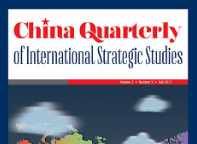
China’s New Role in Global Governance: Shaping the Emerging World Order
Since China rejoined the global economy four decades ago, it has adopted a peaceful development strategy that is deeply rooted in the peaceful DNA of the Chinese civilization. Benefiting from comprehensive engagement with other countries, China has bolstered its contribution to globalization and the global governance system with its own robust economic growth, more active participation in such key mechanisms as the Group of Twenty (G20), and a “China model” that provides valuable lessons for oth
2018-09-07 -

Ding Gang: Chinese values will determine nation’s future
The reform and opening-up over the last 40 years is a good starting point to observe China. How did China get to where it is today? Where is it heading? These 40 years have become reference coordinates for answering such questions.
2018-09-06 -

Danilo Türk: Why and how reform the world trading system?
The world is threatened by tariff hikes and prospects of a trade war, accompanied by improvised suggestions for abrupt changes in the international trading system. This is not only frightening but also paradoxical in light of the fairly consistent and positive developments in the global trade system over the past decades.
2018-08-23 -

Liu Zhiqin: China’s achievements should be shared with world
The most frequent excuse used by US President Donald Trump to support his reckless decision to launch a "trade war" against China is that China has taken advantage of the US. Many people, especially some Americans, seemed to be convinced, though the facts suggest differently.
2018-08-16 -
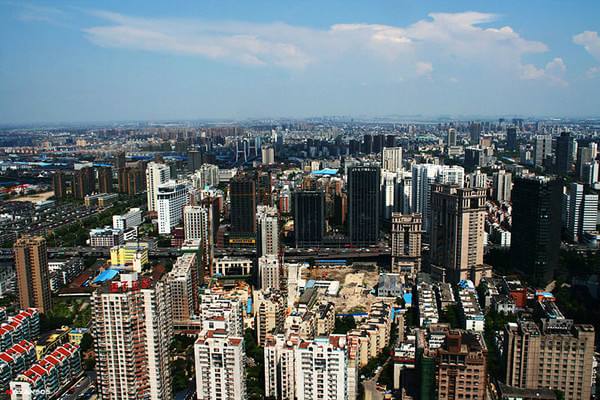
Danilo Türk: Three key messages of China's 40-year reform and opening-up
The past 40 years have witnessed one of the most spectacular changes in history. Not only was China - in its period of reform and opening-up - able to lift more than 800 million people out of poverty, it has also influenced, in a very positive manner, the global economic development.
2018-08-13 -
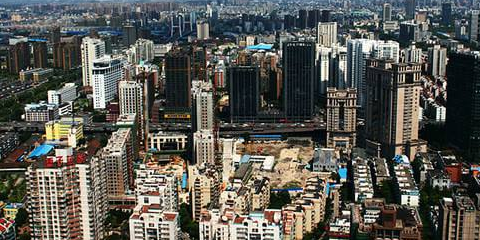
Ding Gang: China and sustainable modernization
During my recent trip to Japan, a friend told me that the elevators in the building of a Chinese institution in the country had been used for nearly 20 years and never had a malfunction. Maintenance personnel come to inspect and maintain the elevators regularly.
2018-08-02 -

Liu Zongyi: BRICS should close ranks against protectionism
The 10th BRICS Summit kicked off Wednesday in Johannesburg, South Africa. Under the theme "BRICS in Africa: Collaboration for Inclusive Growth and Shared Prosperity in the 4th Industrial Revolution," the summit has designed an extensive outreach program that engages chair countries of various African organizations based on the BRICS-plus mechanism proposed by the Xiamen Summit last year. Countries including Rwanda as chair of the African Union, Angola as chair of the SADC Organ, Namibia as incom
2018-07-27 -

John Ross: BRICS dependent on free trade for development
The leaders of the BRICS countries – Brazil, Russia, India, China and South Africa – meeting in their annual summit this year in Johannesburg represent 41 percent of the world's population. This by itself makes it a key international event – a type of equivalent of a G7 for developing countries. But BRICS represents a greater proportion of world economic growth than the advanced G7 economies.
2018-07-27 -

Wang Yiwei: Emerging bloc has challenges and missions ahead
As a multilateral cooperation platform for Brazil, Russia, India, China and South Africa, BRICS has become an active player in global governance. The 10th BRICS summit in Johannesburg, South Africa, from July 25 to 27 is significant, because it brings together the leading emerging economies which are committed to safeguarding and promoting globalization and free trade amid growing unilateralism and trade protectionism in many parts of the world.
2018-07-23 -

China is a straight-A student in WTO
China released on Thursday the white paper on "China and the World Trade Organization (WTO)" for the first time since its accession to the international trade bloc.
2018-07-06 -
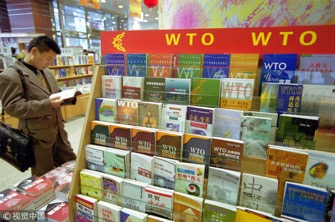
John Ross: China and the EU can jointly safeguard the WTO
The World Trade Organization (WTO) is by far the most important organization regulating world trade. In light of recent unfortunate unilateral impositions of tariffs outside the framework of the WTO by the US administration against a large number of countries, including the EU, China, India, Mexico, Canada and others, it is therefore important to reemphasize the role of this organization-which is crucially important for the economic development of numerous countries.
2018-07-06 -

John Ross: Data shows China`s strong support for the WTO
Maintaining the framework of the World Trade Organization (WTO) is a key issue for the prosperity of every country – including China. In developing countries well over a billion people have been lifted out of poverty by economic growth underpinned by globalization, while international trade strongly supports the living standard of advanced countries.
2018-07-03 -
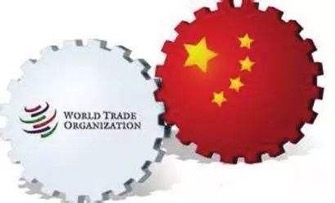
China fulfills WTO obligations, provides huge global contributions
China has not only comprehensively fulfilled its commitments to the World Trade Organization (WTO), but has also provided huge opportunities to its trade partners and made enormous global contributions, according to a white paper on China and the WTO.
2018-07-02 -

Xi thought enshrined as supreme guidance to China`s diplomacy
China has enshrined Xi Jinping`s thought on diplomacy as the supreme guidance to the country`s foreign affairs at a key conference, which also urged the country to take an active part in leading the reform of the global governance system.
2018-06-25 -
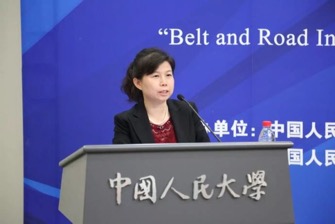
SCO contributes to the Economic Cooperation and Trade in Asia
Economic cooperation has become one of the major components of Shanghai Cooperation Organization system, with observers suggesting significant headway has been made in economic and trade cooperation among SCO countries in the 17 years since the group`s founding.
2018-06-13 -
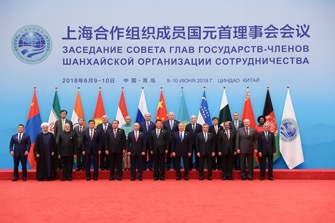
SCO Qingdao Summit signifies cooperation and globalization
The 18th Shanghai Cooperation Organization (SCO) Summit held in China last weekend was a vote of confidence in peaceful cooperation and globalization among its group members, said foreign relations experts and scholars.
2018-06-13 -
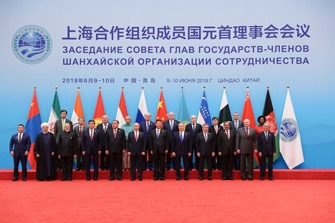
SCO Qingdao Summit signifies cooperation and globalization
The 18th Shanghai Cooperation Organization (SCO) Summit held in China last weekend was a vote of confidence in peaceful cooperation and globalization among its group members, said foreign relations experts and scholars.
2018-06-13 -

Liu Zongyi: India’s Expectations for the SCO
By joining the SCO, India hopes to strengthen anti-terrorism cooperation, stabilize the situation in Afghanistan and realize connectivity to Central Asia.
2018-06-12 -
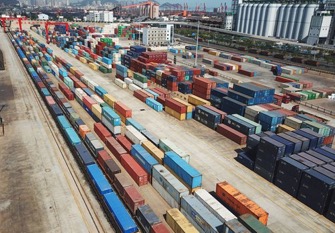
China to step up SCO investment
China is poised to increase investment in fellow Shanghai Cooperation Organisation (SCO) member states, offering billions of dollars in special loans that will boost infrastructure and industrial development in these countries, experts said, while also increasing economic and trade cooperation within the traditionally security-focused bloc.
2018-06-11
























































































 京公网安备 11010802037854号
京公网安备 11010802037854号





